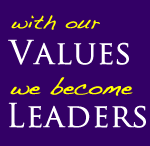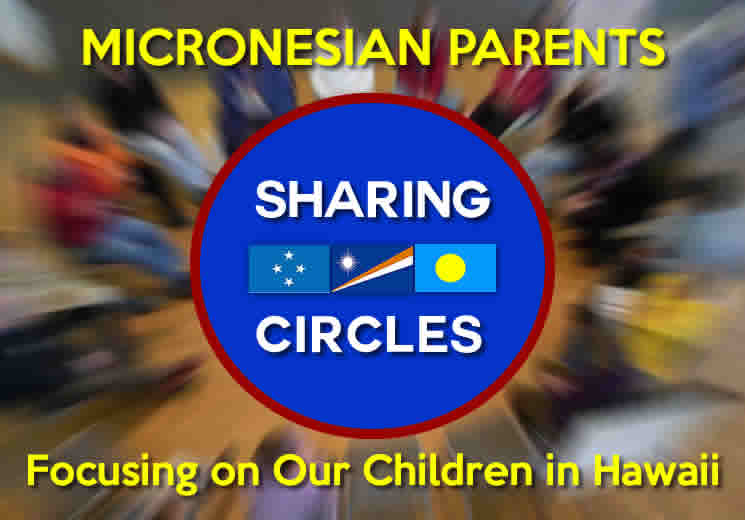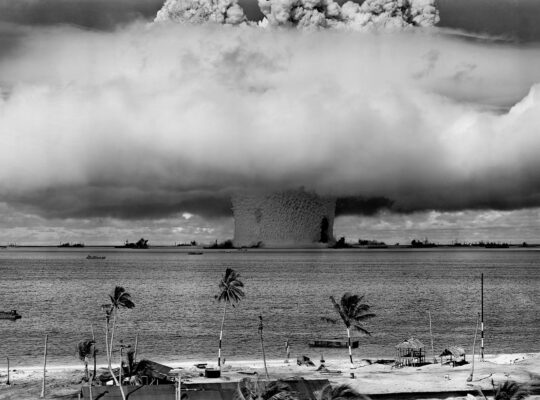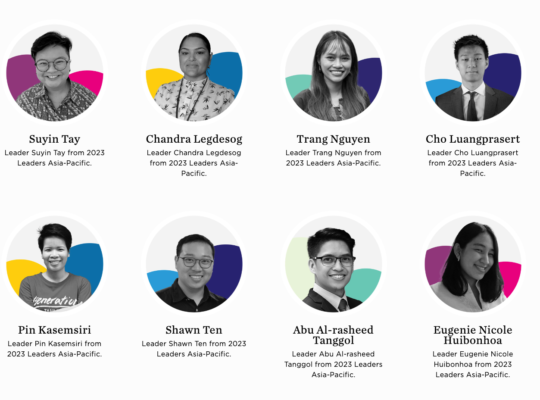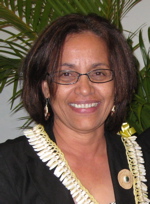Today in class, Dr. Lori Ideta and Dr. Walter Kahumoku, led our cohort and faculty in a community-building activity. We were asked to reflect on these questions and share them to a roomful of our fellow cohort and 8 of our faculty / mentors. It was an opportunity for all of us as a community of scholars (students and faculty) to deepen our appreciation for each other and the variety of leadership values we all brought to our journey. I fully enjoyed listening to both the students and our faculty mentors answer the same two questions; namely, 1) What values did you learn from your parents, elders, and/or mentors? 2) How did these values impact how you lead today?
Here’s the complete version of what I shared within my allotted 3-5 minutes:
 Parents
Parents
From my mother, Kintina, who was forced to raise a family by herself, I learned the value of perseverance, hard work, and patience. I learned that any act of violence against any human being let alone one that you claim to love is wrong and unacceptable. From my poor mom who had to raise nine children as a single mother after she fled to Houk Island with the younger children, I learned to value that no matter what you protect the children and look out for their interest.
As a parent today, I aspire to always love and honor my wife Desha, mother of my children and practice patience with my children. As Director of the Pacific Islander Student Center, I try to role model for my staff good work ethic, patience with my students, colleagues, staff. As an educator and consultant I try to focus my decisions on the interest of the students.
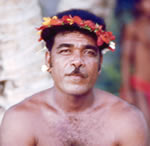 Elders
Elders
From my oldest brother, Urupwulo, who became the father figure to me and my siblings growing up on Houk, I learned the value of humility, respect, and knowing your place in community and taking care of that community. He was a strong man who had lost mobility in his left leg at a young age and used a walking stick, yet he lived life with dignity. I learned that no disability is a good excuse to give up on life. That when things seem insurmountable one needs to dig deep into one’s reserve and use it 100% without complaining or self-pity.
As a Micronesian today, I try to be humble, but not weak, strong but not arrogant. At work I aspire to be more of a leader than a boss to my student employees and colleagues, gentle yet firm when helping them to see the long-term ramifications of their decisions or in-decisions on responsibilities. I aspire never to ask my staff to do anything that I cannot in good conscience do myself.
 Mentors
Mentors
From my many Jesuit mentors during my 10 years as a member of that progressive and profoundly human-focused global community of religious, I learned the power of education to free people from disenfranchisement, of faith that does justice, of selfless service to humanity, and I learned to see God in all and all in God. I learned that who we are is God’s gift to us, but who we become is our gift to God.
As a leader today, I challenge myself to be a person of competence, conscience, and compassion, to treat others with the utmost dignity worthy of their Godliness. I aspire to be a man for others without forgetting to take care of my own dignity. I don’t always succeed, but I try do the best I can to live, serve, lead with integrity.
